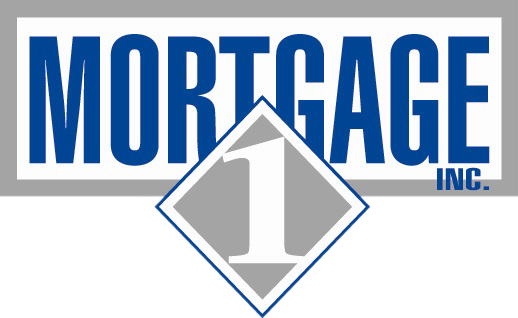
The Advantages of Making Extra Mortgage Payments
July 25, 2019
What Is Debt-to-Income Ratio and Why Is It Important?
August 8, 2019Why Homeowners Need Cash
Many homeowners, at some point in their lives, need extra cash. The reasons people need a quick cash infusion could be one of many:
- Major home improvement
- New vehicle
- Wedding
- College
- Vacation
- Unforeseen emergency
And who hasn’t heard the story of a now-successful billionaire entrepreneur who put it all on the line to fund a startup by either remortgaging his house or taking out a home equity loan?
The reasons people need money are as plentiful as there are leaves on the trees.
Thinking about refinancing? Get started today with Mortgage in a SNAP!
Home Equity at All-Time High
With mortgage rates low and home equity rising, it makes sense that people would tap the value of their single biggest investment – their house – for extra funds when the time comes.
According to MSNBC, in October, 2018, untapped home equity — the difference between a property’s value and the amount owed on it — stood at an all-time high of $14.4 trillion.
In June of this year, total refinance volume was up 79.5% from the same week a year ago, which is the highest level since January 2018.
The same can’t be said for home equity lines of credit (HELOC), however. Demand for HELOCs collapsed to 15-year low earlier this year.
Why the difference? And what should you choose if you find yourself in need of extra money?
Refi vs. HELOC
To appreciate the reason for these trends, it’s important to understand the difference between a refinanced mortgage and a HELOC. Here are summaries of the two taken from the website Investopedia.
- Refinance: “A refinance occurs when an individual revises the interest rate, payment schedule, and terms of a mortgage. Debtors will often choose to refinance a loan agreement when the interest rate environment has substantially changed, causing potential savings on debt payments from a new agreement.”
- HELOC: “Home equity loans and HELOCs both use the equity in your home—that is, the difference between your home’s value and your mortgage balance—as collateral Because the loans are secured against the value of your home, home equity loans offer extremely competitive interest rates—usually close to those of first mortgages. Compared to unsecured borrowing sources, like credit cards, you’ll be paying far less in financing fees for the same loan amount.”
So when it comes to tapping the rising equity in your home, which should you choose?
Cash-Out Refi
In the world of refinance, there are many different types. But in the current climate of low rates and rising equity, one refinance option stands out among the crowd when it comes to getting cold, hard cash for the value of your home: cash-out refinance.
“Cash-outs” are common when the underlying asset – aka, the value of a house — increases in value. With a cash-out refi, you withdraw equity of your house or condo in exchange for a higher loan amount. A cash-out refi lets you gain access to the value in your house via a loan rather than by selling it. This option gives you access to cash immediately while still maintaining ownership of your house.
Here’s a scenario:
- Your home is worth $300,000
- You owe $200,000
- Thus, you have have $100,000 in equity
With cash-out refinancing, you could receive a portion of this equity in cash. If you wanted to take out $40,000 in cash, this amount would be added to the principal of your new home loan. In this example, the principal on your new mortgage after the cash-out refinance would be $240,000.
What’s Right for You?
Of course, everyone’s situation is different. And you should consult with your financial advisor before making any big move. But, in general, a cash-out refinance makes sense in a number of situations:
- When you have the opportunity to use the equity in your home to consolidate other debt and reduce your total interest payments each month
- When you are unable to get other financing for a large purchase or investment
- When the cost of other financing is more expensive than the rate you can get on a cash-out refinancing
Another advantage of cash-out refis is that you are free to use the cash in just about any way you want.
Get Your Refi Started at Mortgage 1
If you are considering a cash-out refinance or have questions about refinancing options, give us a call at (866) 532-0550 or get started today with our Mortgage in a SNAP application.





